Chemical safety in the home
Chemicals are used in the home every day. They include cleaning fluids, plant food, paint and fuels. Homes even contain chemicals within plastics used for insulation and flooring. Getting to know the labels on chemical products will help protect you and your family from harm.
Chemical products in the home
Cleaning products like bleach, oven sprays, liquid laundry capsules and toilet cleaners are chemicals; as are paints, glues, oils, medicines, perfumes and deodorant.
The liquid that is used for electric cigarettes is highly toxic to children and pets. They have an attractive smell and should be treated and stored as a chemical.
You should be aware of all the chemicals present in your home. Most of them aren’t dangerous if you use them properly. However, many chemicals need more careful handling than others.
Some chemicals are particularly attractive to children or can be confused as food or drink if they are not stored in their original containers and safely out of reach. For example, bleach and cleaning sprays are often stored behind the toilet for convenience.
They must be removed and placed in a locked cupboard out of reach and sight of children.
Labels can help you identify the more hazardous chemicals, tell you what the dangers are and advise how to use them safely.
Recognising chemicals
Most chemical products carry hazard symbols telling you whether a substance is harmful and in what way. You might see one or more symbols on a single product.
There are nine chemical product symbols.
|
Meaning |
Symbol |
|---|---|
|
Very toxic (fatal) What does it mean?
Examples of precautionary statements:
|
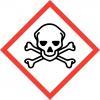
|
|
Contains gas under pressure What does it mean?
Examples of where it can be found
How to stay safe from it
|
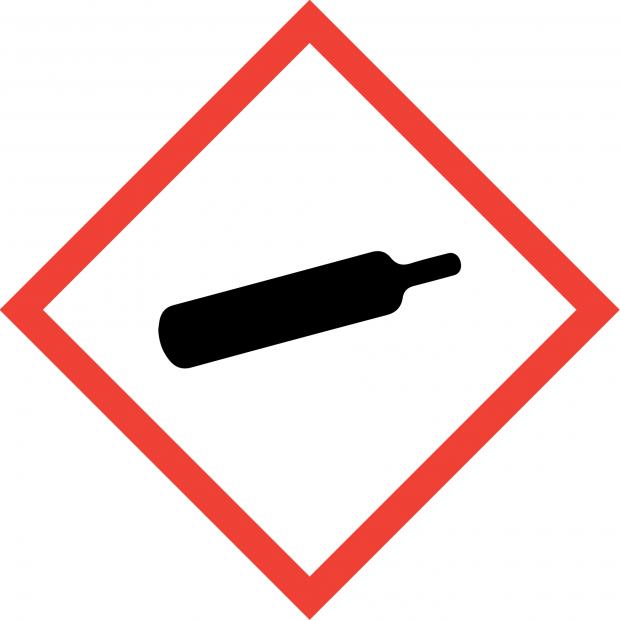
|
|
Harmful skin and eye irritation What does it mean?
Examples of where it can be found
How to stay safe from it
|

|
|
Flammable What does it mean?
Examples of where it can be found
How to stay safe from it
|
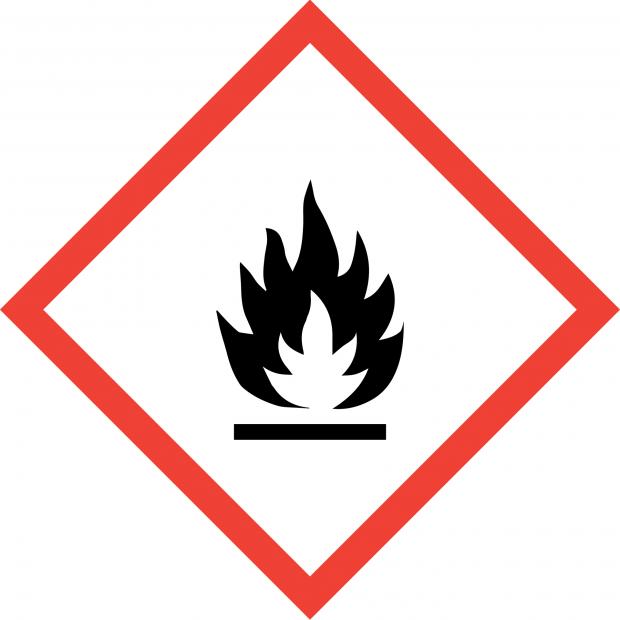
|
|
Explosive What does it mean?
Examples of where it can be found
How to stay safe from it
|
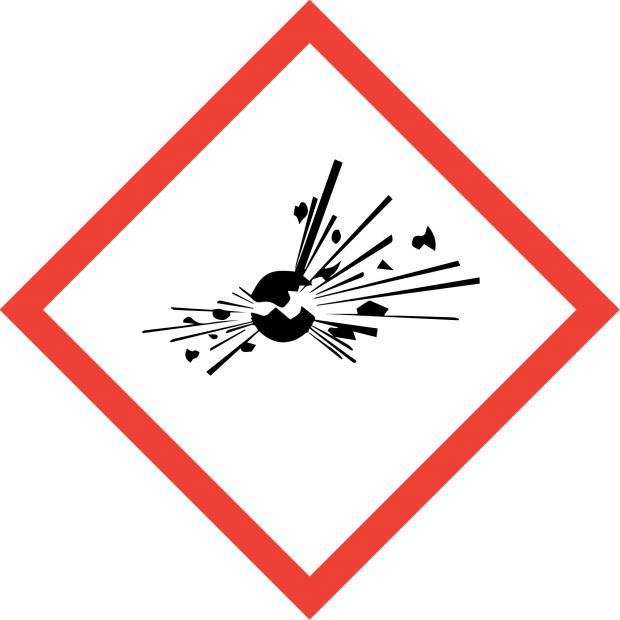
|
|
Harmful to the environment What does it mean?
Examples of where it can be found
How to stay safe from it
|
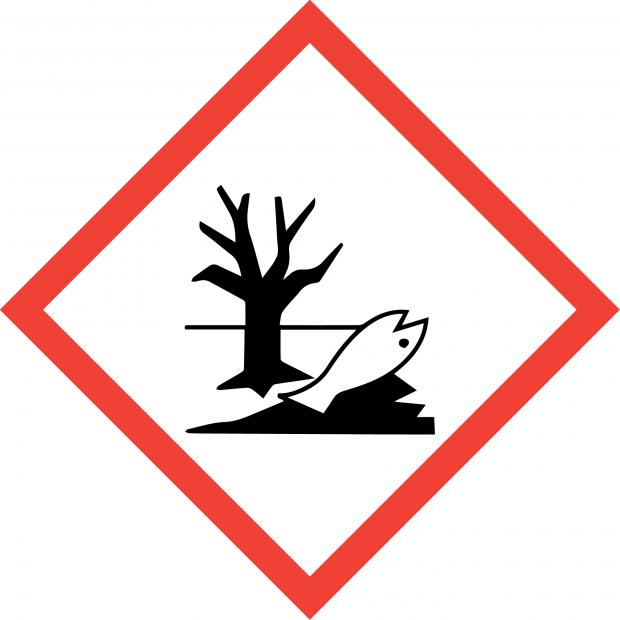
|
|
Increases fire risk What does it mean?
Examples of where it can be found
How to stay safe from it
|
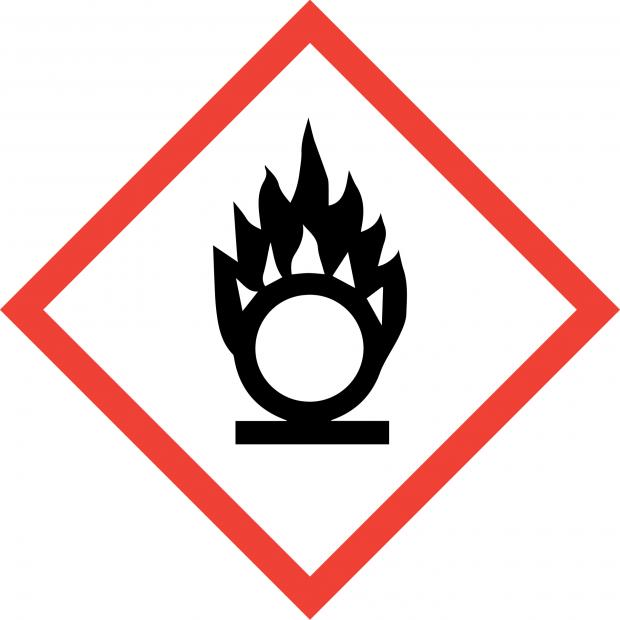
|
|
Serious long term health hazards What does it mean?
Examples of where it can be found
How to stay safe from it
|
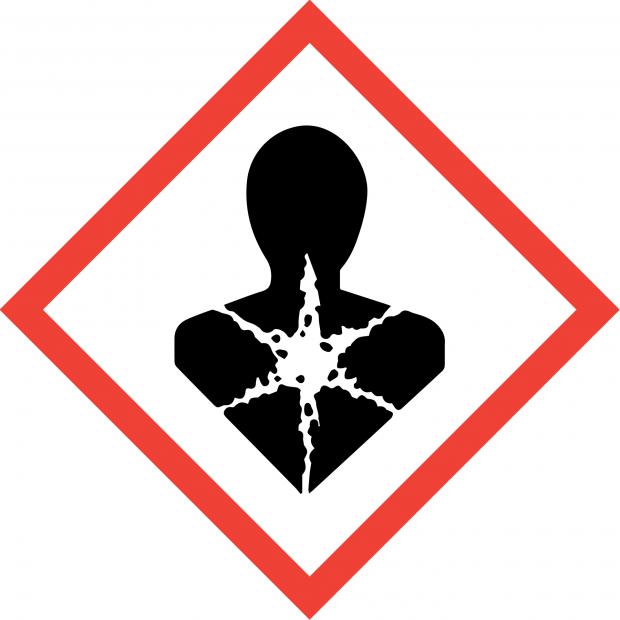
|
|
Severe skin burns and eye damage What does it mean?
Examples of where it can be found
How to stay safe from it
|
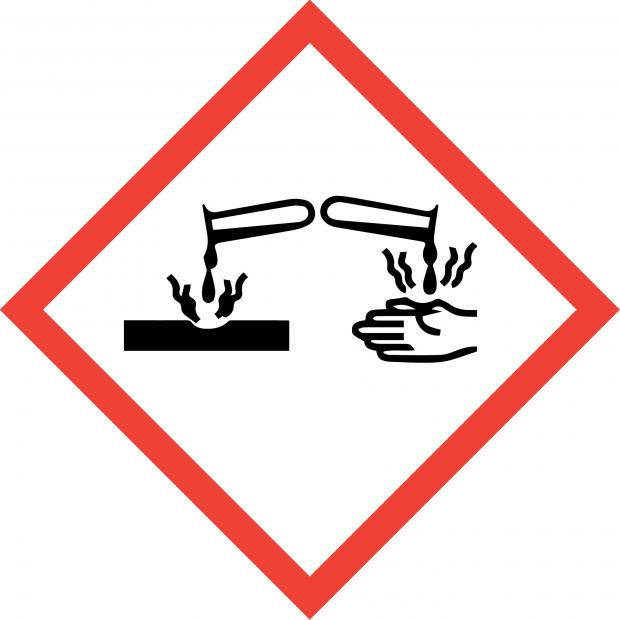
|
More detailed information on chemical symbols is available from the Health and Safety Executive for NI (HSENI).
Chemical products will also usually have information about safely using the product – it’s important to read and follow this advice. Sometimes, labels will give details of the supplier so you can get further advice.
Medicines
Medicines are specialist chemicals. They won’t carry the symbols above but can be harmful if taken in the wrong quantities or by children, who may mistake them for sweets. Like other chemicals they should be:
- stored safely out of reach of children, preferably in a locked cupboard
- if medications are stored in a fridge they should be kept in a childproof medicine box
- kept in their original packaging and with the product information and instructions for use
- used as instructed by the pharmacy or medical professional
- prescribed medicines should only be used by the people for whom they have been prescribed
Using hazardous chemical products safely
Always read the warning label and follow the instructions.
It’s also advisable to follow these guidelines:
- only use as much as you need of a product
- if a substance is hazardous, remove children, pets and their toys from the area for as long as is recommended on the label
- properly ventilate the area by opening the windows – if recommended, wear gloves, long sleeves and a mask
- do not leave chemical products unattended – if you have to leave the room in the middle of a task, put the product away safely
- do not mix chemical products - it’s dangerous to mix together common household cleaners as they can form a highly toxic gas, for example chlorine bleach and ammonia
- after using chemicals, wash any part of you that came into direct contact with the substance with warm soapy water
Storing and disposing of chemical products safely
Safely store chemicals by following the storage instructions on the label.
In most cases, you should:
- not move products into other containers – these containers might not be capable of safely storing the substance, you might not remember what is in the bottle and children might mistakenly think the substance is safe
- keep all hazardous chemicals out of the reach of young children or locked away in a safe place
- never store hazardous chemicals near food or food products
- keep hazardous chemicals away from items used to prepare and cook foods, like pots, pans and cooking utensils
If a product is leaking, expired or looks bad, you should dispose of it. Never pour products down the drain unnecessarily – remember that your drainage ends up in seas and rivers. Instead:
- follow the advice on the label
- take it to your local civic amenity site (waste and recycling centre), where it can be disposed of safely
- return unused or out-of-date medicines to your pharmacy
- Recycling and reusing
- Local councils in Northern Ireland
Contact with a toxic substance
If you or a member of your family have swallowed or come into contact with a potentially toxic chemical, you must seek medical advice.
Remember to provide a full description of the product and describe any symbols or guidance from the manufacturer detailed on the bottle or package.